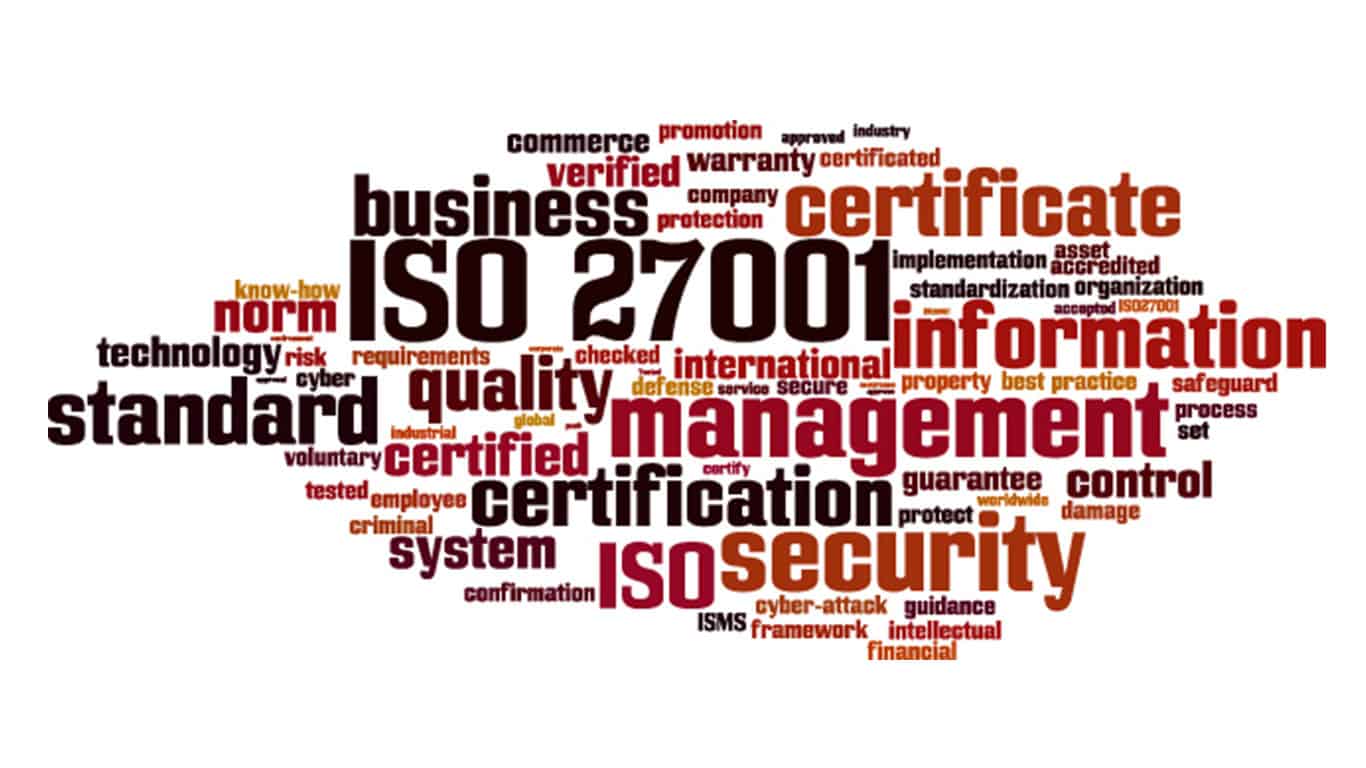Globalization is an all-encompassing trend inspiring industrial sectors such as the Food & Beverage industry, among others, to optimize and maximize their reach and dominance in markets while maintaining individual control and “dominance” over their respective supply chain markets, as extensively as practically possible. As such, cyberspace has become a critical low-cost tool in building and securing that reach and “power over” the supply chain, in the Food & Beverage industry and elsewhere. During the early days of cyberspace, this reach was more trivial, in the sense that suppliers could be provided with more accurate and accessible information regarding their role in the supply chain and their particular requirements. As such, there was a certain interface of interoperability between the entities. New emerging blockchain technologies exhibit signs of diminishing and devaluing that interoperability interface – by introducing omnipresence and comprehensive coverage, both in terms of semantics and technologies.
Blockchain-based global product lifecycle management systems, together with other cyberspace phenomena, are seeking totalitarian dominance over supply chains, creating a detailed data model product lifecycle starting from before the ingredients existed to well into future potential events, as these events can be predicted based on comprehensive learned and collected data concerning the particular item or its ingredients. This goal naturally inhibits the strong imperialist undertone. Coherence required by the data model and transactional regime mandates certain exclusions and unipolarity, inevitability and power structures – thus the imperialist undertone.
Towards totalitarian algorithmic management
Product lifecycle management in a global environment is rapidly facing some pressing challenges and constraints, one of which is the cost of maintaining such reach and dominance. Here is where blockchain-based technologies come into handy, offering a low-cost transactional environment apparently free of added cost required by authority and oversight, since blockchain replaces this authority with non-institutional powers granted by cryptography and algorithms. Global authority to maintain tractability over diverse and distant, oftentimes foreign, supply chains has never been as inexpensive as with blockchain technologies. Promising as blockchain and artificial intelligence may be, it is worth giving these technologies a second thought before vesting them with total global omnipotence and an absolute mandate.
While blockchain technologies seem appealing for many in attempting to achieve and maintain total visibility throughout a food manufacturing process, they imply a strong imperialist tendency. Along with blockchain process tracking comes particular rules and semantics to be applied and adhered to, thereby diminishing the sovereignty and independence of business entities. This is an important factor when considering the critique that global transparency implemented via blockchain technologies gives “totalitarian” powers to track production processes. On one hand, this view and analysis may lack consideration of nuances and appropriateness, but perhaps more importantly, this “anti-authoritarian” analysis may exclude, hinder and prevent innovation and growth, as well as lead to less liberal market diversity.
Free E-Book
Why Blockchain will be a game changer for the food and beverage industry.
From regulation towards predictive prevention
New emerging supply chain security frameworks, considered here in large part as referring to blockchain-powered systems incorporated into larger algorithmic regimes, inhabit another relevant and remarkable trend. Global manufacturing industries, particularly the Food & Beverage industry, have been under heavy scrutiny for regulation. This has partly been due to the nature of the industry, where even the smallest act of negligence or incursion could potentially incur not only great industrial costs but result in human casualties as well. And indeed, in the midst of the current Cyber War, the threat of food security has become even more pressing and urgent. History speaks also to the fact that food has been, and still is, a major angle of attack against targeted campaigns or sabotage. Regimes must therefore exhibit a strong enforcement of rules and must act as security providers and demonstrate their capabilities to do so. Regulatory compliance has been the primary mechanism for enforcing such controls and authority over supply chain security in the food and beverage industry.
Ensuring regulatory compliance in a global environment, however, can incur heavy costs and contribute to slowed organizational performance, as well as cause bottle-necks in the supply chain process. New globally scalable blockchain-based supply chain security solutions are potentially transforming the regulatory tradition as well. The lack of a coherent regulatory environment, and partly the unwillingness to agree on one supranational level of authority has led to the increasing complexity of the regulatory environment, which may incur heavy costs for the food & beverages industry and increase supply chain vulnerability due to management overhead in safeguarding data security.
However, emerging global infrastructures, based on blockchain and algorithmic solutions, deliver a promise to replace static and incompatible regulatory regimes with preventive algorithmic governance where security and tractability are enforced through transparency, immutable data structures and algorithmic analysis and predictive modeling. This tendency is appealing for supply chain management in the food & beverage industry as well as in any other industry that requires stringent global product lifecycle and data management and increased data security standards. Distinctive regulatory regimes are, however, an essential ingredient for global interoperability.
Interoperable supply chain management in peaceful cyberspace
Therefore, a blockchain-based product data and lifecycle management solution for the food and beverage industry may appear functional and appealing, yet, it may be challenging in terms of self-sustainability. And, upon deeper speculation, it may become one of the cornerstones for nourishing and enriching, rather than destroying and resisting the marketplace, or cyberspace as the case may be.
This critique is therefore encouraging the promotion of distinctive and confined authorities, identities and their mutual interoperability interfaces, in the hopes that this will be beneficial for global liberal markets. Interoperable supply chain management in cyberspace also seeks to provide the necessary bedrock of security and stability for a peaceful cyberspace by discouraging anyone from seizing global authority, in terms of concepts, semiotics or transactional coherence. While for some readers this piece might not seem like a business article, the key motive here is to the contrary. This article explores global blockchain regimes from a different perspective than that which some readers may be used to, and as such, this is intended as a proposal for stable, secure and profitable global supply chain management, a global business regime with enhanced interoperability of its respective entities.




